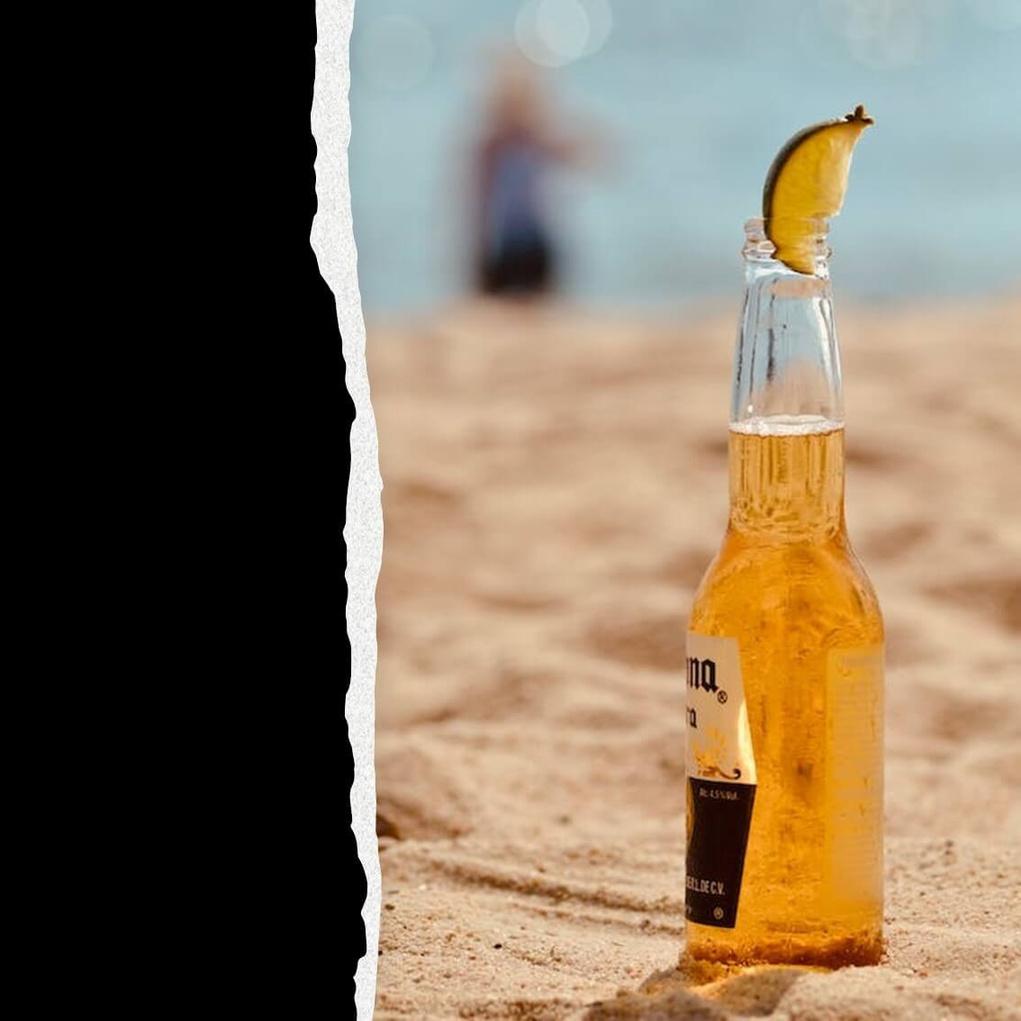
1 minute read
Variety and Carbonation
In terms of variety, bottled beer tends to win out, particularly in retail settings. Many unique craft beers, especially those from small breweries or limited runs, may only be available in bottles. If you're an adventurous beer drinker keen on exploring an array of beer types from around the globe, bottled beer offers a veritable world tour.
However, the rise of craft beer has also led to an increase in the number of draft options available at bars and restaurants. Once dominated by mass-market lagers, many draft lines now pour a variety of craft beers, providing an alternative way for beer lovers to enjoy a diverse selection.
Advertisement
Another point of difference is carbonation. Draft beer, being dispensed from a pressurized keg, often has a softer level of carbonation than bottled beer. This can result in a smoother mouthfeel and less bloating.
However, it's worth mentioning that not all beer styles benefit from less carbonation – some, like pilsners or IPAs, are better enjoyed with the lively carbonation often found in bottled versions.
Environmental Impact
From an environmental standpoint, draft beer might have the upper hand.
Kegs are reusable, and one keg can hold as much beer as dozens of individual bottles, making it a more environmentally friendly packaging option. Conversely, while bottles can be recycled, the energy required to recycle glass and the potential waste generated make draft beer a more sustainable choice.
The Verdict
The battle between bottled beer and draft beer ultimately comes down to personal preference.
Each type of beer has its unique strengths. While draft beer often promises freshness and a unique tasting experience, bottled beer provides unmatched variety and the convenience of enjoying a world-class beer in the comfort of your home.
And remember, whether draft or bottled, the best beer is the one you enjoy drinking the most!



